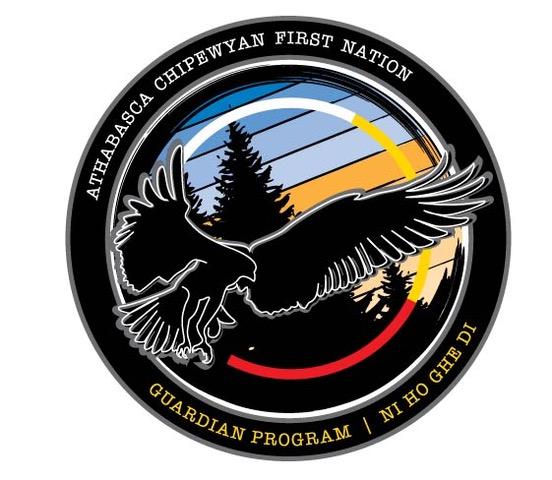Athabasca Chipewyan First Nation
ACFN has been operating a community-based monitoring (CBM) program since 2010. As development pressures continue to grow however, environmental monitoring is not enough. We are seeing an increase in non-Indigenous peoples poaching and illegally hunting on our traditional territory. Incursions of hunters, fishers, recreational vehicle users from the south and mining exploration activity into the lands that we rely on for access to our treaty and Aboriginal rights has eroded our confidence in the ability or willingness of government to protect our rights and honour Treaty 8.
We feel it also necessary to actively patrol our backcountry to prevent unwanted development and impacts, especially to the Ronald Lake Bison herd. Our efforts will also focus on the Richardson Backcountry. ACFN has therefore launched a Guardian program, which complements and builds off of the community based monitoring work. The Guardian patrol implements our Nation’s access management strategy to ensure that unsanctioned activities are not taking place within our homelands and that protocols are being observed.
Our strategy is to protect and steward the lands and water according to Dene law and the guidance of our Elders, as we have done for generations. In doing so, we will be strengthening an effective model of land and water care that is grounded in culture and tradition.

The Athabasca Chipewyan First Nation (ACFN) is concerned about the negative changes to our homelands, including the Peace Athabasca Delta (PAD) as a result of the rapid development of the oil sands in the lower Athabasca Region, hydroelectric development along the Peace River, climate change, and other environmental stressors.
These concerns are due to first hand observations by our Elders and land users of declines in the quality and quantity of the Athabasca River and Peace River water. Consequently, our Dene peoples living in or near the oil sands producing region have less trust in the health of our lands. Our ability to interpret and predict the complex environmental dynamics at play in the PAD has declined, and community members are more hesitant to consume all of the foods we did in the past. Few people drink water from the lake and river anymore. Low water levels are impeding our ability to safely navigate in the PAD and access our traditional territory.